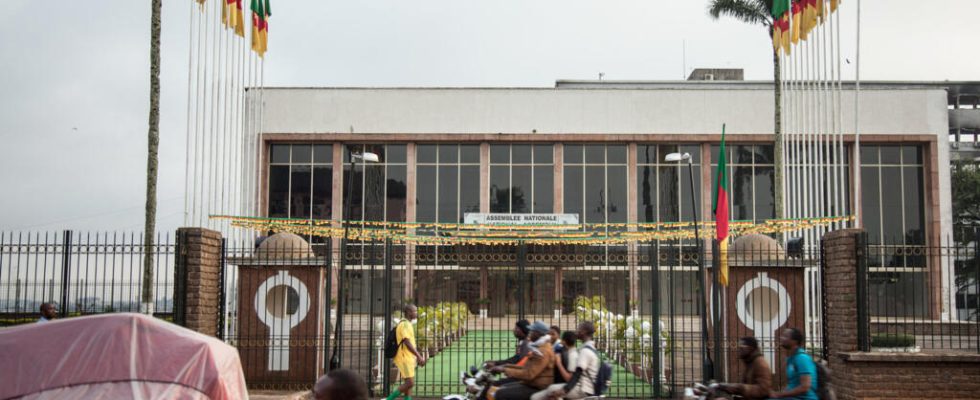More than two weeks after the opening of the first ordinary session of the year, the two chambers, the National Assembly and the Senate, have not carried out the slightest activity.
1 min
With our correspondent in Yaoundé, Polycarp Essomba
When asked about the question, deputies and senators all had the same answer: “ we’re really bored. » Some have even returned to their original constituency, a clear sign that they have nothing to do in Yaoundé where these institutions are based.
According to sources in Parliament, the unavailability of the President of the Senate is the source of this virtual walkout. Aged 90, Marcel Niat Njifendji, who has headed the institution since its creation in 2013, is reported ill and very weakened. Returning from abroad last Sunday after three months of absence for health reasons, he was immediately re-interned in a hospital in the capital of Cameroon.
The situation embarrasses even those in power and would force the RDPC hierarchy to urgently consider his possible replacement. Such a solution should then require a complete reconfiguration of the major ethnic and community balances, at the head of all the country’s institutions, and probably up to the government, suggest political scientists in Yaoundé. If this hypothesis were successful, we would then see loyalists of President Paul Biya like Marcel Niat Njifendji or Cavaye Yeguie Djribil, at the perch of the National Assembly for 32 years, forced to retire.
The arbitrations of the RDPC hierarchy which validates the candidates for the head of these institutions are all the more expected since, according to the Constitution, the President of the Senate is the successor to the President of the Republic in the event of a vacancy in power.
